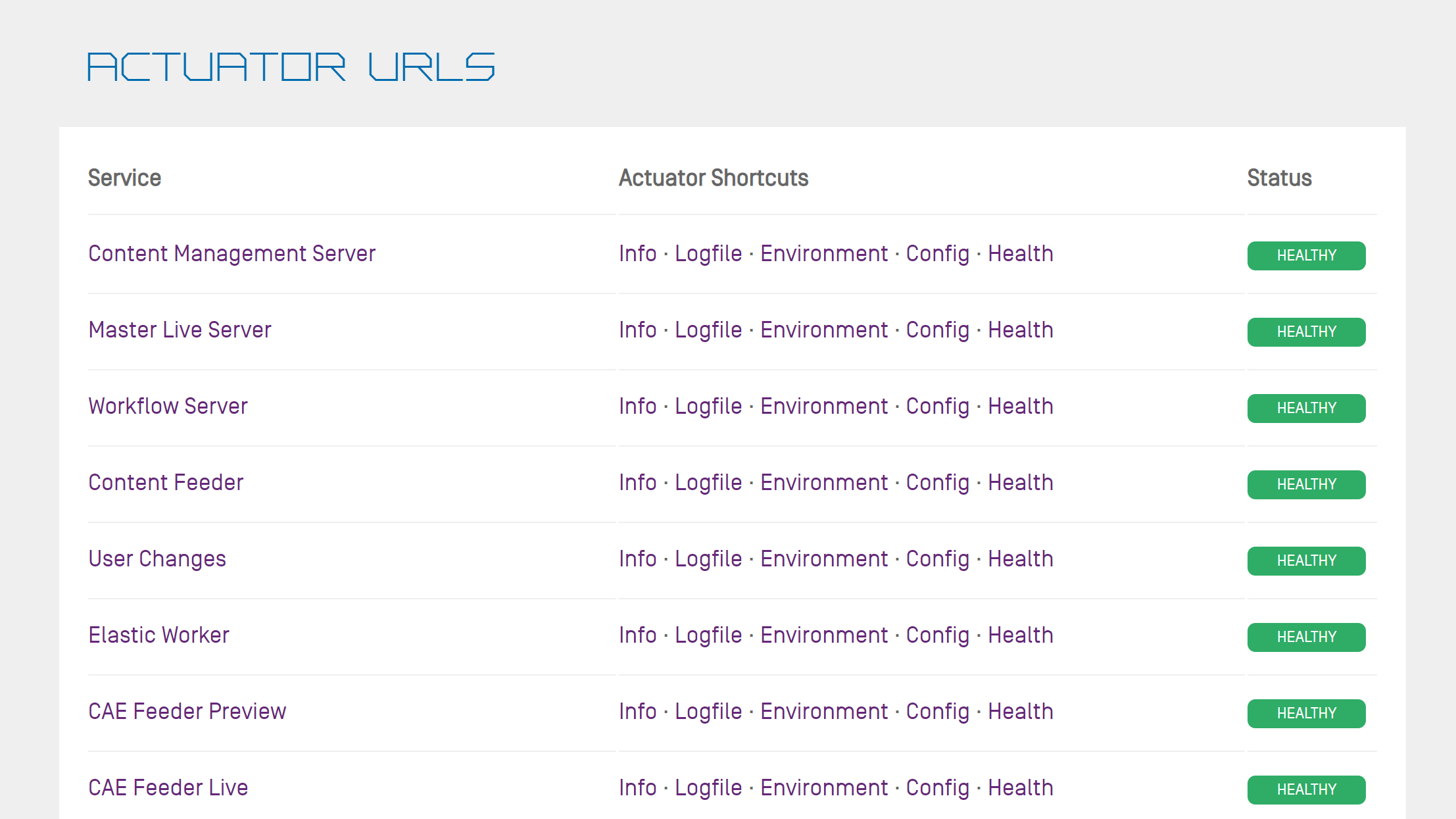Connector for Salesforce Commerce Cloud Manual / Version 2010
Table Of ContentsThe CoreMedia system uses caching to provide a faster access to various eCommerce entities (that is, products, categories, etc.). These entities will automatically be cached when used by the CoreMedia system. Unified API cache keys are used for caching the commerce entities.
The caching of commerce entities is implemented on different layers in the Commerce Hub infrastructure:
Caching is implemented in the Commerce Adapter to accelerate access to commerce entities and to avoid heavy traffic on the Salesforce Commerce Cloud system due to multiple clients connected to the same system.
Caching is implemented in the generic client library which is used in Studio and Content Application Engine. This avoids redundant network communication with the Commerce Adapter when accessing commerce entities.
For each entity a default capacity and cache time is configured in Spring. Each of the default values can be adapted to the needs of your system environment by overwriting the corresponding properties. There is a reasonable default configuration for the commerce cache which can be customized to meet your project requirements.
Refer the Chapter 9, Commerce Adapter Properties if you want to adjust the cache configuration for your Commerce Adapter
In order to adjust the cache configuration for Studio and Content Application Engine you can use the following properties (see Section 4.6, “Commerce Hub Properties” in Deployment Manual for details) for cache capacities and cache timeouts respectively:
commerce.hub.cache.capacities.*commerce.hub.cache.timeoutSeconds.*
You have to replace the trailing "*" with the configuration key of the concrete cache key. You can find the keys and
the default values using the Actuator URLS from the default overview page (https://overview.docker.localhost)
in the default Blueprint Docker deployment. Click the Config link and search for the
commerce.hub.cache prefix.




